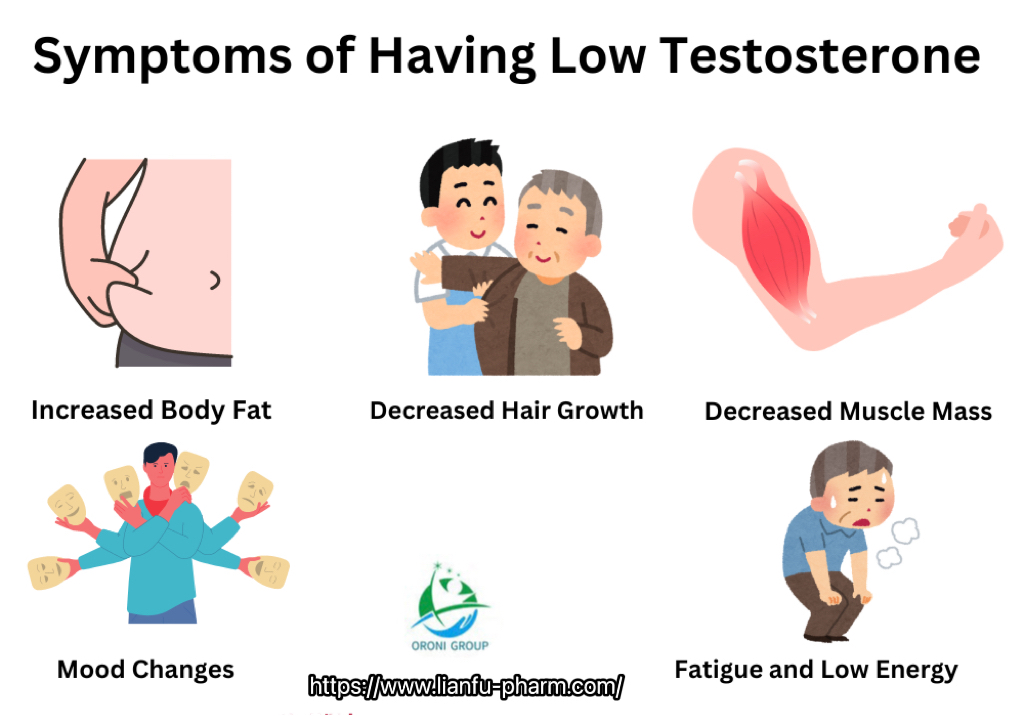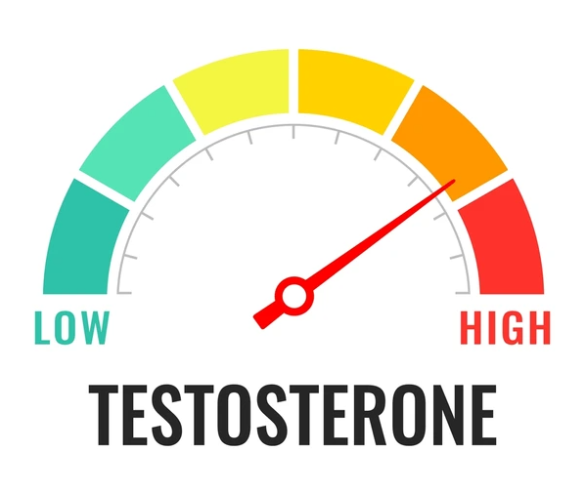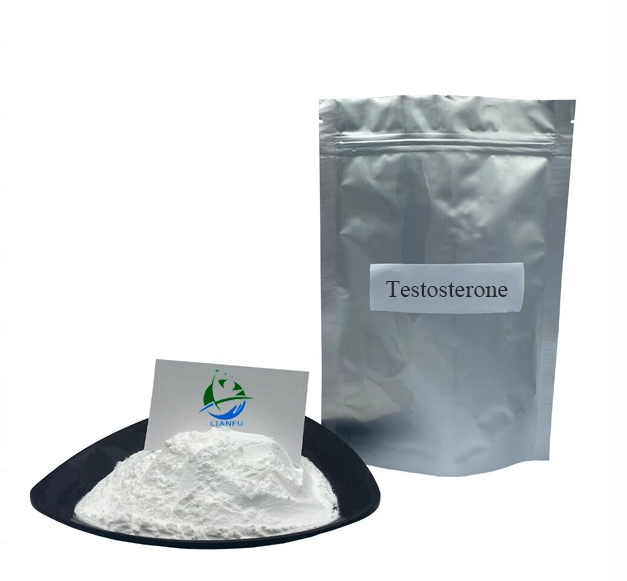Low testosterone, also known as hypogonadism, can affect men of all ages. While some men may experience no symptoms, others may notice a variety of physical and psychological changes.Low testosterone can also cause changes in sleep patterns, reduced bone density, increased body fat, and reduced fertility. People may also notice that they are more easily irritated, reaching a boiling point more quickly.

Common Symptoms of Low Testosterone:
▶Decreased Hair Growth: Testosterone adds to the development of facial and body hair in men. Low testosterone levels might bring about a lessening in hair development, including scanty beard growth, decreased body hair, and even balding on the scalp.
▶Decreased Muscle Mass and Strength: Testosterone is significant for the turn of events and support of muscle tissue. At the point when levels are low, you might see a decline in bulk, as well as a decrease in strength and perseverance. This can make it harder to participate in proactive tasks and may prompt a deficiency of muscle tone and definition.
▶Increased Body Fat: Testosterone directs fat appropriation in the body, especially around the mid-region. Low testosterone levels can prompt an expansion in muscle versus fat, particularly around the waist. This can add to weight gain and may likewise expand the gamble of corpulence-related ailments like diabetes and coronary illness.
▶Fatigue and Low Energy: Testosterone assumes a part in energy levels and in general imperativeness. At the point when testosterone levels are low, you might encounter persevering weakness, absence of energy, and a general sensation of laziness. This can affect your capacity to take part in day-to-day exercises and may prompt diminished efficiency and inspiration.
▶Mood Changes: Testosterone has been connected to the state-of-mind guidelines, and low levels of this chemical can affect profound prosperity. You might encounter side effects, for example, peevishness, state of mind swings, despondency, and nervousness. These state-of-mind changes can adversely influence connections, work execution, and generally personal satisfaction.
The symptoms vary from person to person, but some of the most common include low energy, fatigue, reduced muscle mass, weight gain, loss of body or facial hair, reduced sex drive, difficulties gaining or maintaining an erection, depression, and cognitive difficulties, such as trouble concentrating.
How to increase testosterone levels in 2 weeks?
Boosting testosterone levels in two weeks can be achieved by making lifestyle changes, adjusting your diet, and using evidence-based supplements.
Here are some strategies you can implement to boost your testosterone levels within 2 weeks:
1. Prioritize Strength Training and HIIT
Exercise is a great way to boost testosterone. Strength training and high-intensity interval training (HIIT) are especially effective.
Strength Training: Focus on lifting heavy weights with compound movements like squats, deadlifts, and bench presses. Studies have indicated that these exercises can lead to significant increases in testosterone levels.
HIIT: Short bursts of intense activity with rest in between can boost testosterone production. A study found that men doing HIIT had greater testosterone increases than those doing steady-state cardio.
2. Eat a Healthy Diet
Your diet plays a crucial role in hormone production, including testosterone.
Here are some dietary tips to consider:
Protein: Getting enough protein is key to keeping muscle while losing weight, which supports testosterone levels. Choose lean options like chicken, fish, and plant-based proteins.
Healthy Fats: Incorporate healthy fats from sources like avocados, nuts, seeds, and olive oil. A study found that diets high in monounsaturated and saturated fats have been associated with increased testosterone levels.
Minimize Sugar Intake: Eating too much sugar can cause insulin resistance, which may lower testosterone levels. Instead, focus on eating complex carbs like whole grains, fruits, and vegetables.
3. Get Enough Sleep
Quality sleep is essential for maintaining optimal testosterone levels. Research published showed that men who slept less than five hours per night for one week experienced a 10-15% reduction in testosterone levels.
4. Manage Stress
Chronic stress raises cortisol levels, which can harm testosterone. Mindfulness meditation, deep breathing exercises, and regular physical activity can help manage stress and control cortisol.
5. Avoid Alcohol and Drug Abuse
Drinking too much alcohol and using drugs can lower testosterone levels. To keep testosterone levels healthy, it’s best to limit alcohol and avoid drugs.
6.Replenish natural high-quality hormones in a timely manner.
Talk to your doctor or a reputable testosterone supplier to find a supplementation method that’s right for you.
Post time: Sep-18-2024








